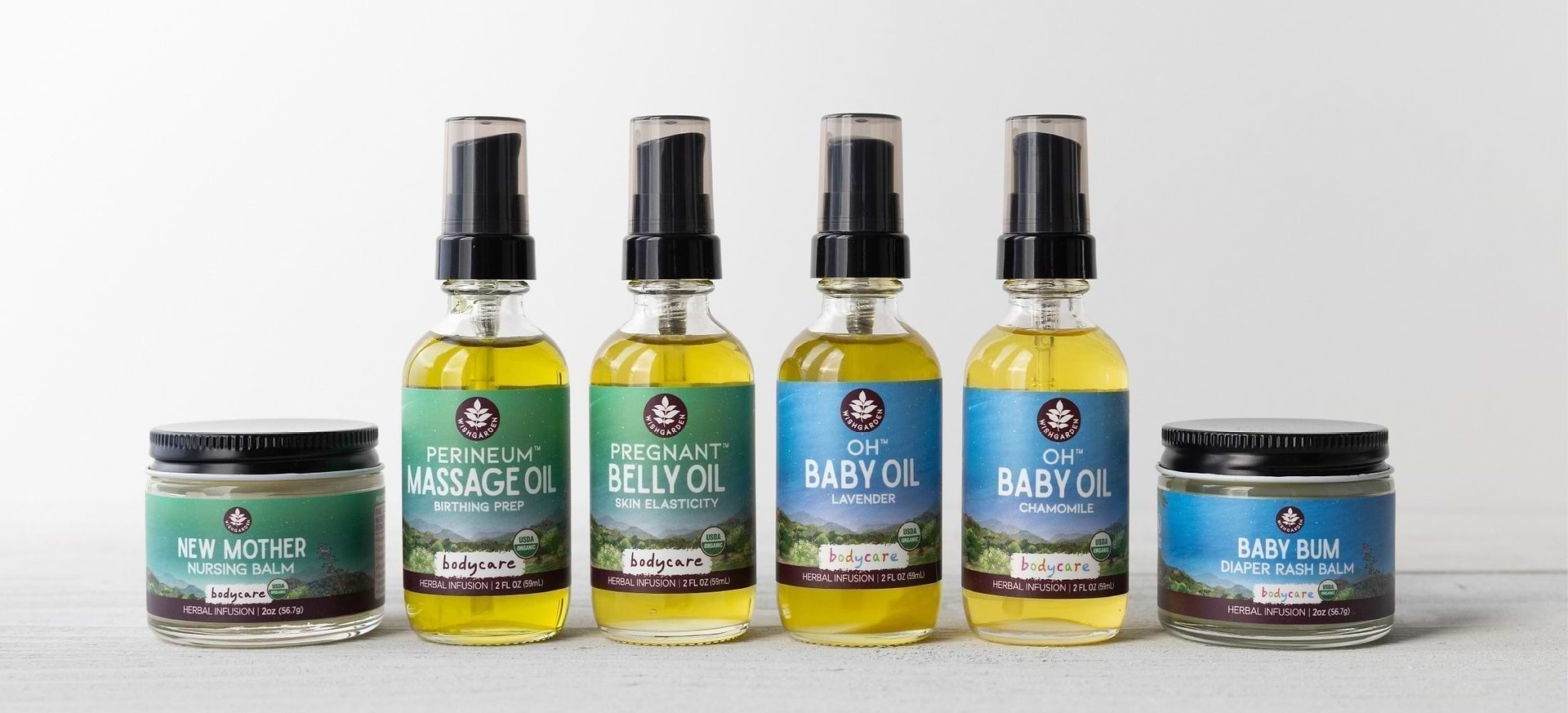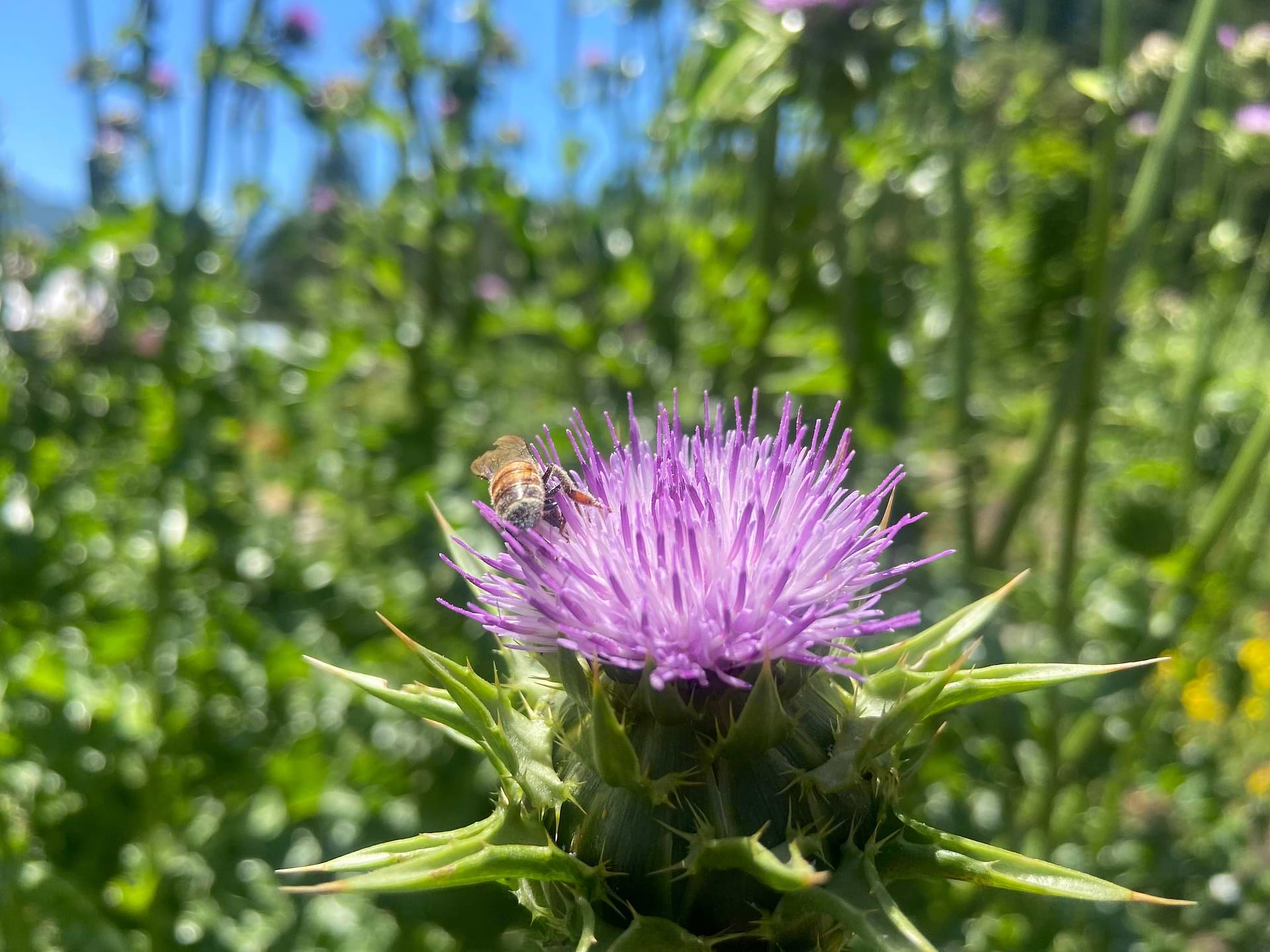
From Ancient Roots to Modern Skin: The Story Behind Our Bodycare Line
From ancient herbal remedies to modern organic formulations, discover how we’ve reimagined our bodycare line to honor tradition, embrace sustainability, and care for every stage of life.









